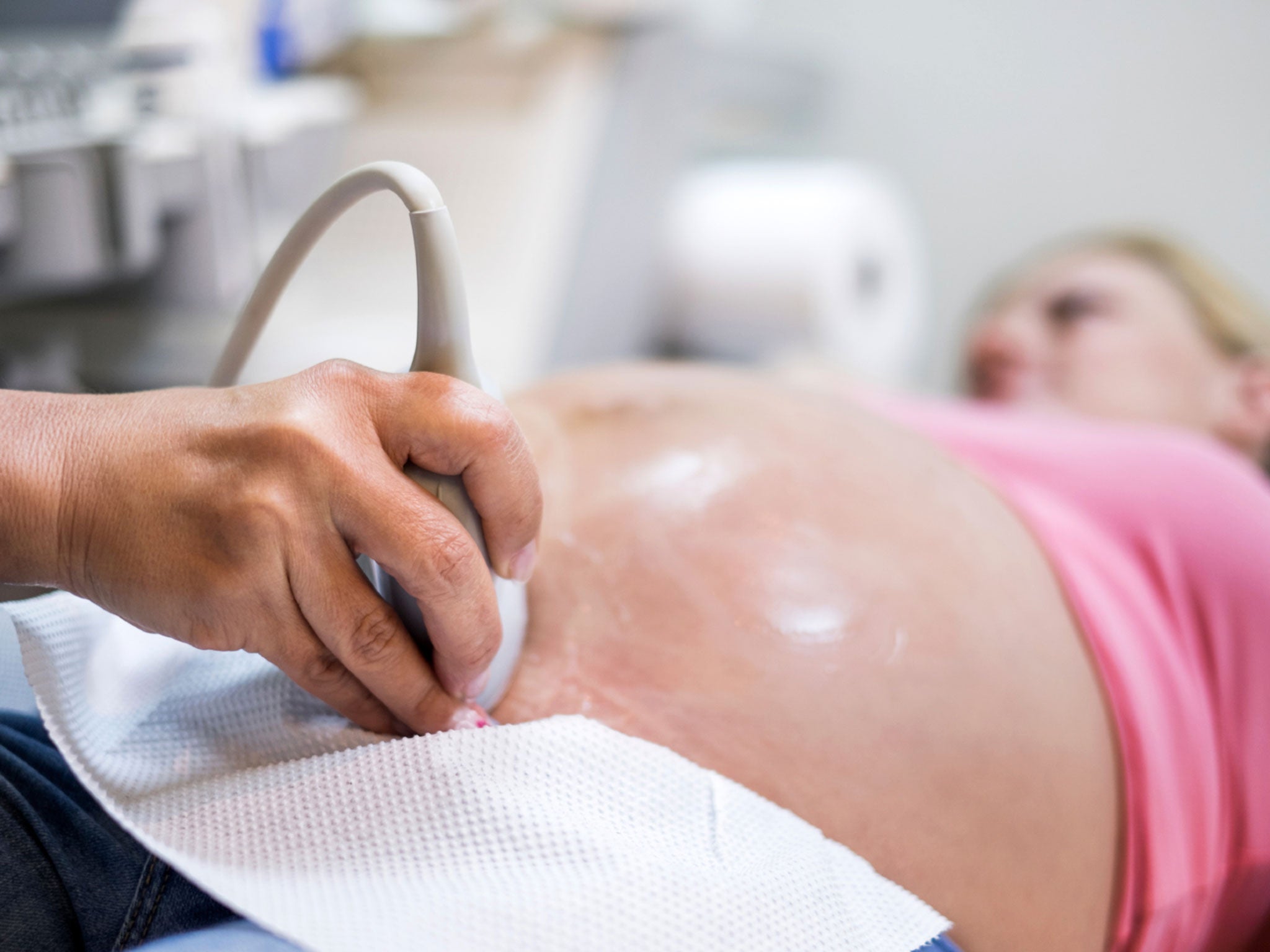Stillbirths: NHS England publishes advice for parents and healthcare professionals in bid to halve deaths
3,000 babies are born as stillbirths in England each year

Your support helps us to tell the story
From reproductive rights to climate change to Big Tech, The Independent is on the ground when the story is developing. Whether it's investigating the financials of Elon Musk's pro-Trump PAC or producing our latest documentary, 'The A Word', which shines a light on the American women fighting for reproductive rights, we know how important it is to parse out the facts from the messaging.
At such a critical moment in US history, we need reporters on the ground. Your donation allows us to keep sending journalists to speak to both sides of the story.
The Independent is trusted by Americans across the entire political spectrum. And unlike many other quality news outlets, we choose not to lock Americans out of our reporting and analysis with paywalls. We believe quality journalism should be available to everyone, paid for by those who can afford it.
Your support makes all the difference.Quitting smoking during pregnancy and monitoring the growth of a foetus is among the advice NHS England has given expectant parents and healthcare professionals in new guidance on preventing stillbirths.
A stillbirth is defined as a baby which is born dead after 24 completed weeks of pregnancy, according to the NHS.
NHS England has released The Saving Babies’ Lives Care Bundle in an attempt to halve the rate of infant deaths during pregnancy by 2030, as current figures show more than 3,000 of the 650,000 babies born in England each year are stillbirths. This contributes to the one in 200 babies in the UK who die each year.
All expectant mothers will receive advice on reduced foetal movement by week 24 of pregnancy as part of the new guidance.
Women are also urged to quit smoking, and health professionals to listen to pregnant women who report concerns about their baby’s movements.
The guidance was developed by NHS England alongside organisations including the Royal College of Midwives, Royal College of Obstetricians and Gynaecologists, British Maternal and Foetal Medicine Society and Sands, the stillbirth and neonatal death charity.
Simon Stevens, chief executive of NHS England, said that maternity care in the NHS is the “safest it has ever been” but “that makes it all the more tragic and heart wrenching when for a small number of families something goes terribly wrong.”
Cathy Warwick, chief executive of the Royal College of Midwives, said it is “unacceptable” that England has a worse stillbirth rate than other countries in western Europe and called on the Government to invest in more midwives.
“Midwives and other staff must have the time to spend with women and they must have the time to attend training,” she added.
“Having the right number of midwives will also contribute to continuity of care and carer; in women seeing the same midwife or small number of midwives.
"England remains 2,600 full time midwives short of the number it needs. So whilst this guidance is welcome and valuable, we must have the right numbers of staff to ensure it is implemented correctly."
Additional reporting by PA
Join our commenting forum
Join thought-provoking conversations, follow other Independent readers and see their replies
Comments